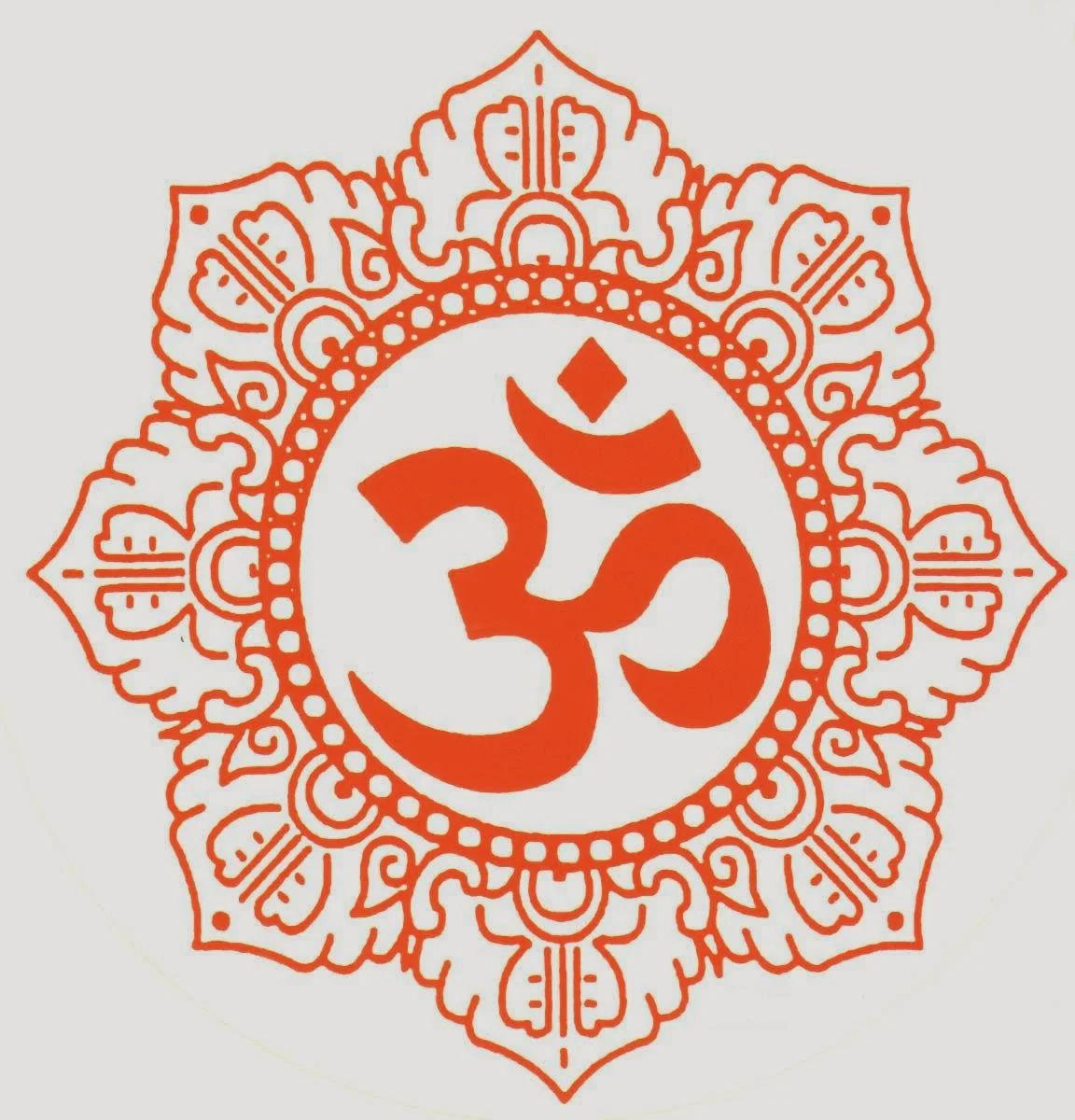Philosophy
The earliest texts of the Brahma Kumaris refer to the Vedanta philosophy and school of thought. Visitors to the school in the 1940s note the influence of vedanta on their meaning-making. Here, Patrizia Heise offers an overview of Advaita Vedanta clarifying the early influences on the religious formation of the Om Mandli (Brahma Kumaris) community.
What is Advaita Vedanta?
The Advaita Vedanta is the oldest unifying philosophical interpretation of the scriptures of the Upanishads (12 major texts), the Bhagavad Gita (part of the Mahabharata) and the Brahma Sutras (guidebook for teachers). The Upanishads deal with the absolute truth which one must realise to end every searching. The Advaita Vedanta developed in interaction with the other traditions of India, Jainism, Buddhism, Vaishnavism and Shaivism, as well as other schools of Vedanta. It was mostly Shankara Bhagavadpada in the 8th century, who created the systematics we see today. In modern times Advaita Vedanta has acquired a broad acceptance in Indian culture and beyond as the paradigmatic example of Hindu spirituality. Advaita (Not two in Sanskrit) refers to the recognition of the true self as Atman, which is pure consciousness and is the same as the highest reality Brahman, the divine, which is also pure consciousness. The basic paradigma of Advaita Vedanta is nonduality. One can get liberation (moksha, freedom from birth and rebirth) by acquiring knowledge (vidya) of the identity of Atman and Brahma, which needs a long training under the guidance of a guru. Correct knowledge is obtained by following the four stages of samanyasa (self-cultivation), sravana, listening to the teachings of the sages, manana, reflection on the teachings, and svādhyāya, contemplation of the truth. Sruti, the revealed texts, have to be studies in a correct way (anhubhava) to realize the nondual truth (Sat) : “Brahman (the Absolute) is alone real; this world is unreal; the Jiva or the individual soul is non- different from Brahman“. Tat tvam asi, I am that, the immortal self and the great cosmic power are one and the same. The world is at the same time unreal and real, it appears unreal (false) only when compared to Brahman. At the empirical or pragmatic level, the world is completely real. Knowing Brahma destroys Maya, the illusory appearances which cover the Real. Most interpreters point out that liberation comes from knowledge, not from mere experience and can be achieved while living - this is called Jivanmukta. Some call this knowing an intuitive insight- but it is different from mystical experience. Due to ignorance, avidyā, the true identity is forgotten, and material reality, which manifests at various levels, is mistaken as the only and true reality. Also due to avidya, atman, man`s true nature, is covered and hidden by five koshas (sheaths, or bodies). To attain real insight it is also necessary to destroy one's tendencies, Samskara - false concepts, fixed programmes, old and now useless habits. Classical Advaita Vedanta emphasises the path of Jnana Yoga, a progression of study and training including Niddhidyasana, deep meditation for the realisation oft the truth. Also Bhakti as true surrender to the divine and Karma Yoga are part oft he path. Brahman is Satyam, the true reality, knowledge which is not split into the subject and the object, anantam, boundless or infinite. Brahmans qualities are satcitananda, Eternal Bliss Consciousness. Satcitananda is composed of three Sanskrit words: Sat सत् to be, Truth, Absolute Being a force of virtue and truth, an essence that is pure and timeless, that never changes. Cit चत् is true consciousness, to understand, to comprehend and ānanda आनन्द is true bliss, happiness, joy, delight, pleasure. Advaita Vedanta holds that underlying the seeming change and variety of existence there are unchanging and permanent entities (the so-called substances). Buddhism in contrast claims that nothing exists permanent and unchanging, within or without man.
Further readings and references:
Natalia V. Isayeva (1993), Shankara and Indian Philosophy, SUNY Press, New York
vedanta-yoga.de/meditationen-im-vedanta/ (German)

